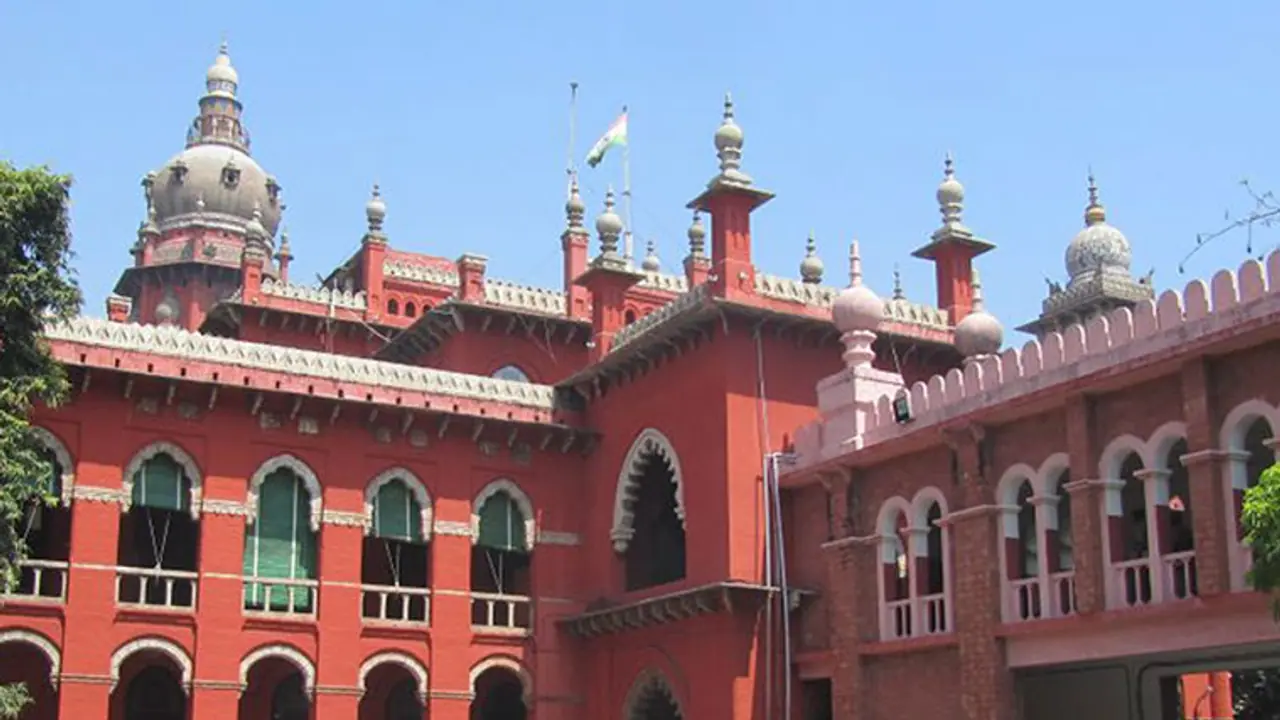The judge passed the order while hearing a petitioner who wanted the answer to: In which language is Vande Matarm written in? The judge said that this song was an important unifying factor among the people of India and should be made mandatory everywhere in the state. However, he clarified that people or institutions who have issues singing or playing the song must not be forced.
In order to unite people as Indians first, justice MV Muralidharan said that while schools, colleges and educational institutes must sing the song-Vande Mataram- at least once a week, offices should sing it at least once a month. However, he made it clear that if any person or organisation has difficulty singing or playing it, he should not be forced to sing the song.

The court's order on the singing of the song comes in the backdrop of the Supreme Court order last December, making it compulsary for cinema halls to play the National Anthem beofre a show. The order said, "The Directory of Public Information is directed to upload and circulate the translated version of Vande Mataram in Tamil and English thereby making it available on the government websites and also in social media."
The judge passed the order while hearing a petition filed by K Veeramani who approached the court to know whether Vande Mataram was written in Bengali or Sanskrit. Veeramani had lost the opportunity of being recruited by a government school after missing the cut-off by one mark in the Teachers Recruitment Board Examination. The question that he presumanly answered wrong was- In what language was Vande Mataram written in? Veeramani had answered that it was written in Bengali, while the answer key suggested that it was written in Sanskrit. The court admitted that the petitioner was right and that he be awarded the rightful marks.
Pointing at the contribution of numerous writers and poets who had contributed in unifying the country, the judge said, "One such song that touched the hearts of thousands of people and acted as a unifier was the song Vande Mataram which meant 'I bow to thee, Mother'. It was first sung in a political context by Rabindranath Tagore at the 1896 session of the Indian National Congress. In 1950, subsequent to the Independence, it was adopted as the national song which even today touches our heart when we hear it."
The song was originally penned down as "Bondey Mataram", which was written in Bengali by Bankim Chandra Chattopadhyay. The order read that the song was later translated into sanskrit as Vande Mataram. The judge said, "Patriotism is an essential requirement for every citizen of this country. The fact that this country is our Motherland should always be remembered by every citizen of this country. People have sacrificed their lives and families to the independence struggle that prolonged for several decades. In these tough times, it was songs like our national song "Vande Mataram" which created a sense of belief and confidence in the people." He, therefore, suggested that it would be desirable that the National Song 'Vande Mataram' be sung by citizens from different walks of life as frequently as possible in their educational institutions, offices, workplace and stadiums. He further said, "The youth of this country are the future of tomorrow and the court hopes and trusts that this order shall be taken in the right spirit and also implemented in letter and spirit by the citizenry of this great nation."
